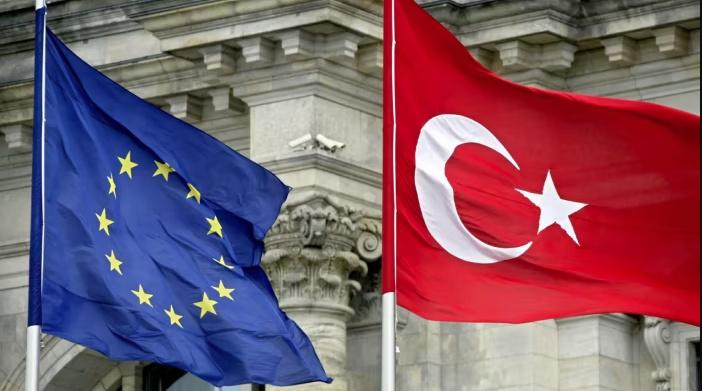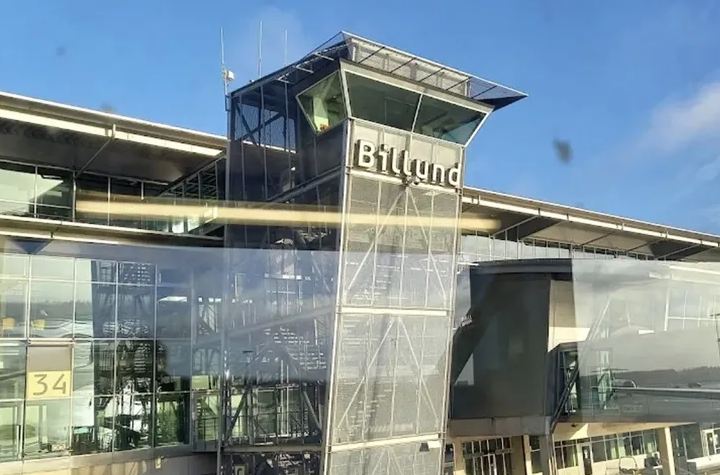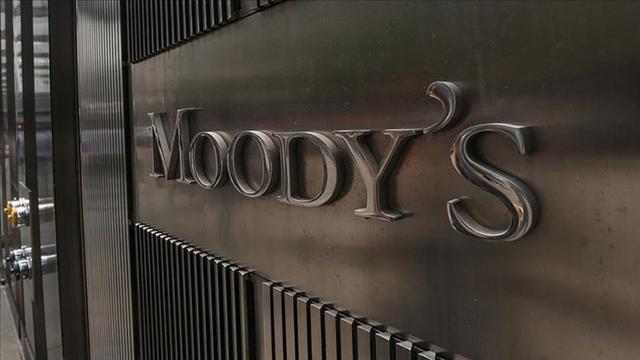The European security architecture, established in the aftermath of the Second World War and renewed in the aftermath of the Cold War, sustained by organizations such as the OSCE, NATO’s Partnership for Peace program and waves of enlargement, is changing due to internal and external influences. On the one hand, there is the desire of major European countries to establish a more autonomous defense mechanism than the United States, and on the other, the threat they believe Russia poses.
They cannot do without America, nor can they trust America. That is why they are developing new initiatives, some within NATO, some within the EU. It seems that the EU will soon become a NATO-like alliance, with its own command and control mechanism and a defense force that can be taken seriously. As I have written before, this change will also have consequences for Turkiye.
This is because Turkiye will be victimized by NATO’s weakening deterrence and, more importantly, by the efforts of the countries in the parallel organization to convert their power into influence. In order to maintain its balance, Turkiye will either have to become a member of the EU or find a place for itself somewhere in the new European security architecture, and given the diversity of its interests, it will have to strengthen its national deterrence under all circumstances.
For the time being, the road to the EU is closed for reasons stemming from our human rights problems, democracy deficit and economic performance, and of course from the tendencies of the EU and the expectations of some of its members. Maybe the customs union can be deepened, maybe relations can go beyond the refugee axis, maybe visa procedures can be eased a bit, but realistically, full membership will not come easily.
But Turkiye can find a place for itself in the new security architecture of the EU and Europe in general. And it is already doing so. Last week, Defense Minister Güler, together with his Greek counterpart Dendias, signed in Brussels the European Sky Shield Initiative (ESSI), which is being spearheaded by Germany.
Thus, it has been confirmed that we will be part of the joint air defense system to be developed with 20 European countries, including Switzerland and Austria. Apparently, Turkiye will benefit from the three-tier defense shield. Even though our relations with Russia are not without problems, it will be easier for us to protect ourselves from attacks from this country or any other neighbor in the future.
According to the current plan, the first intervention will be carried out with US-Israeli Arrow-3 missiles outside the atmosphere, if that is not possible or necessary, with US Patriot missiles 100 km before the target, and finally with German IRIS-T missiles 35 km before the target. And it is clear that Turkiye will not only be on the receiving end of this project militarily and technologically, but also on the giving and providing end.
Most important of all, Turkiye will be part of one of the constituent elements of the new European security architecture. With the first Eurofighters entering the air force’s inventory and Turkiye’s national fighter jet getting some of its components from European countries, notably the UK, the cooperation will deepen, helping to break the military dependence on advanced technology from the mortgage of a single country.
According to a report in BBC Turkish, Turkiye’s participation in the ESSI initiative will lead Germany to lift its political obstacle to the purchase of Eurofighter Typhoon aircraft, which are jointly produced by the four countries. In other words, Turkiye will be able to buy and operate these next-generation aircraft, built by Spain, France, Britain, Germany and Germany, and be a little more autonomous than the US, which it said it wanted even after the US approved the sale of the F-16.
I hope that the military and technological rapprochement with Europe will be reflected in other areas, that it will bring Turkiye closer to the European market as well as to the values it still largely represents, such as human rights and democracy, and that it will help Turkiye to resolve, if not overcome, its problems with Greece and Cyprus. And that these initiatives do not prevent us from building our own aircraft and air defense systems.
The trend is that Turkiye’s foreign and security policy will be more and more in sync with Europe, and its expectations and interests will overlap more and more. Although it may seem irrelevant at first glance, making peace with Egypt, reopening to the Gulf region, overcoming problems with the Saudi government, avoiding taking sides in the Gaza war as much as possible, and proposing solution methods, all support this process.
The war in Ukraine and the negotiations for Sweden’s NATO membership have also contributed to this rapprochement. I may be wrong, but it seems to me that despite all the problems we face, we can be part of a regional order that is more secure, where risks and threats are perceived less, where our interests and expectations are more easily protected, and where our prosperity is slightly increased. If we put a little more effort, if we improve our track record and image, we can take ourselves to a much different place. As long as we want to…
Article translated from Turkish to English. Source: Karar





